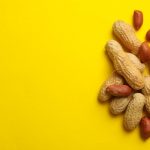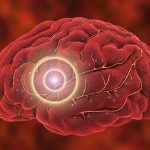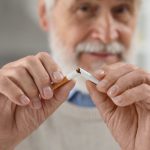
Most Americans say they’re stressed out over the future of the United States and the presidential election, a new poll shows. The Stress in America poll, conducted by the American Psychological Association (APA), found that 77% of adults are stressed about the future of the nation, and 69% are worried about the upcoming election. The economy is another significant source of stress, with 73% reporting worry over it. People are particularly worried about the potential fallout from the election results. About 72% said they are worried the election results could lead to violence. More than half (56%) believe the election could be the end of democracy in the United States. Further, this stress is testing people’s relationships with those close to them. About a third (32%) say the political climate has caused strain between themselves and family members, and 20% say they limit time with relatives who don’t share their views. “For nearly a decade, people have faced a political climate that is highly charged, which has led to the erosion of civil discourse and strained our relationships with our friends and our families. But isolating ourselves from our communities is a recipe for adding more stress to our lives,” said American Psychological Association CEO Arthur Evans Jr. “We must remember that the most extreme voices are often the loudest, and that the majority of… read on > read on >














-150x150.jpg)



